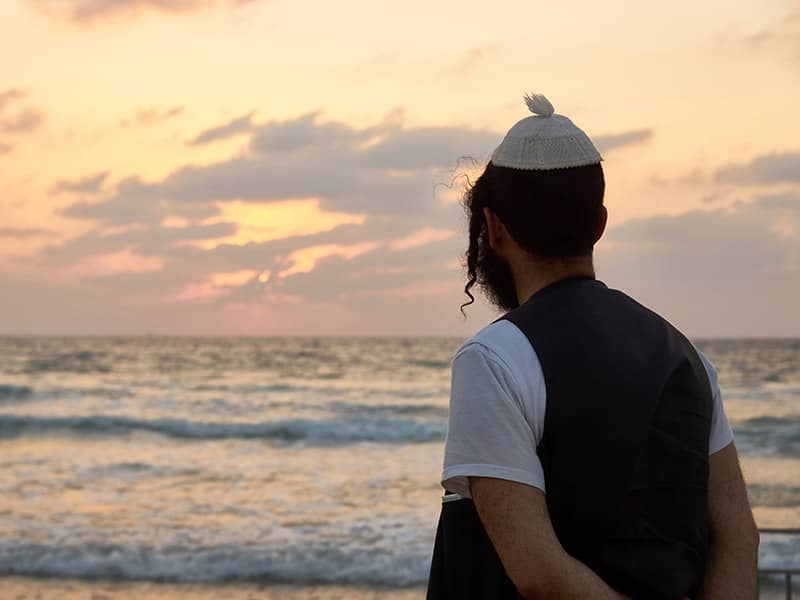"My people were brought to America in chains," Martin Luther King Jr. told the American Jewish Congress' Biennial in 1958. "Your people were driven here to escape the chains fashioned for them in Europe. Our unity is born of our common struggle for centuries, not only to rid ourselves of bondage, but to make oppression of any people by others an impossibility."
Dr. King was expressing his certainty that Jewish and African American leaders could forge an alliance that would soundly defeat both racism and anti-Semitism. By the early 1960s, Dr. King's message had inspired black and Jewish visionaries to further solidify bonds of friendship and brotherhood, bonds that would help define the history of the civil rights movement in this country.
By the late 1960s, however, tensions between the two communities had begun to obscure the invaluable work both groups had done in tandem to promote racial healing and harmony. And by the end of the century -- three decades after the two Jewish civil rights workers Andrew Goodman and Michael Schwerner were slain alongside James Chaney in Mississippi -- some would be saying that the bedrock of common alliance had irretrievably crumbled, strewing the path to tolerance and justice with its rubble.
Fortunately, the lessons of the past have not been lost on many African American and Jewish leaders, on people of conscience who understand that simple human decency requires that forces be joined to vanquish intolerance and bigotry.
And much has been done in recent years to repair the breach that has divided blacks and Jews. This work - which King would not only have endorsed but would have led -- is now bearing fruit. In the late 1990s, there was substantial cooperation between African Americans and Jews on the local and national levels. There were symposia, dialogues, joint celebrations of civic holidays and holy days, and joint visits by black and Jewish teenagers to sites that are historically significant for the civil rights struggle. Since 1997, there have been no significant, headline-generating disputes between mainstream African American and mainstream Jewish organizations.
In a sense, we have come full circle from the days when Dr. King admonished in his book Strive Toward Freedom, "May the people of race in America soon make hearts burn.." For, while we can readily acknowledge the long way American society has come since Rosa Parks refused to give up her seat a public bus in Montgomery, Alabama, in 1955, we should not yet assume that the road to justice and equality is finally free of resistance and barriers.
Life in the United States is now calmer and safer for blacks and Jews than it was four decades ago; both groups enjoy unprecedented access to power and affluence and greater acceptance in the broader society.
But we must persistently and knowingly measure the distance we have traveled, and not mistake that or the distance that remains. And we must always remember that the battle for human rights us a common one and a mutual one, a battle which, since it is defined by the very word "human," demands that all of us put our collective shoulders to the wheel of decency.
In this way we can -- together -- achieve that most grand of goals: a world no longer tarnished by the slanders of bigotry or the disturbances of intolerance. A world, in other words, ver much like the one envisioned by Dr. Martin Luther King Jr.

